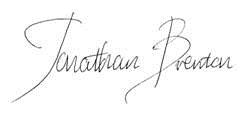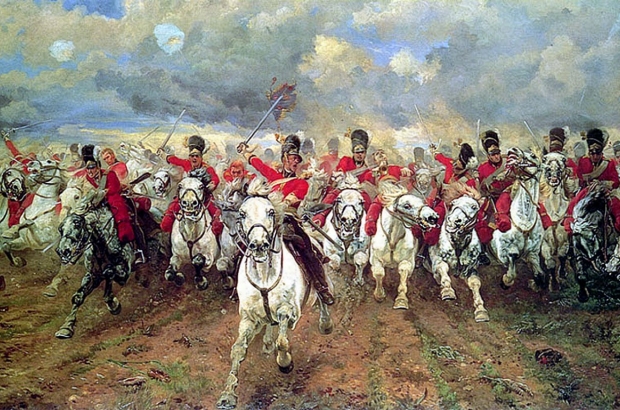- Daily & Weekly newsletters
- Buy & download The Bulletin
- Comment on our articles
Waterloo, finally facing my Waterloo
Upon reading the word Waterloo, people are split into three camps; those who hear (or start singing) the classic Abba tune; those who think of a leafy town in modern Belgium with a British school and expensive real estate; and those who are transported back to a time of epic battle between the daring Napoleon and the wily Duke of Wellington.
As British Ambassador to Belgium, I consider myself to be made up of all three – Waterloo, couldn’t escape if I wanted to.
As you may have noticed from this week’s announcements by the British Culture Secretary, the UK is already making big plans for the Centenary Commemorations of the First World War. As our Prime Minister has said, we remember past battles “to honour those who served; to remember those who died; and to ensure that the lessons learnt live with us forever.”
And there has been a long history of Britain fighting in Belgium – but not the British fighting the Belgians. As Belgian contacts sometimes remind me, the UK is one of the few Western European countries that has never invaded Belgium. For the freedoms we cherish today, British soldiers have often fought and died on battlefields in Belgium.
One such battlefield that we must commemorate is the two hundredth anniversary of Waterloo in 2015. This will be a spectacular event. When I called on the Mayor of Waterloo Serge Kubla last week he predicted 30,000 spectators for a huge re-enactment of the battle and the opening of a new interactive visitors centre under-ground.
We celebrate history because it is a reminder of how much things have changed for the better in our continent. The Battle of Waterloo in 1815 was the last time the British and French armies fought against each other. We have been military allies ever since and are now the key players in EU defence and foreign policy.
We also recognise that some things are similar. Many of Wellington’s troops were non-Brits (Belgiques, Dutch, Hanoverians). The challenge of what the military call ‘force generation in multi-national environment’ is nothing new.
As the UK, we still have our red lines when it comes to Europe, but our red lines are for negotiations not battles. Like at Waterloo, the British still tend to negotiate defensively in little squares. But it’s is a lot better to be negotiating than fixing bayonets.
One light-hearted way the British in Brussels are remembering Waterloo is by reviving the Duchess of Richmond’s Ball which was given for the officers of Wellington’s army on the night of 15 June 1815.
The Ball was famously interrupted by the news that Napoleon’s army was approaching Quatre Bras, with officers heading straight from the dance floor to the battle. Our modern version of the Ball is less dramatic - a fun black tie event in the spectacular surroundings of the Egmont Palace, which raises money for charity.
Last year a committee led by the Brussels British Community Association raised 28,000 euros for Belgian and British charities. These included the Queen Fabiola Children’s hospital, a number of important British charities in Belgium, and Project Hougoumont, which raises money for the reconstruction of the one of the battlefield’s most important sites ahead of the 2015 bicentenary. This will include a first British monument to all the British soldiers who died (because the Victorians honoured only the officers not the regular soldiers) and will be a monument to a turning point in European history.
Thackeray’s novel Vanity Fair, published in the late 1840s, described the original Ball.
“All Brussels had been in a state of excitement about it, and I have heard from ladies who were in that town at the period, that the talk and interest of persons of their own sex regarding the Ball was much greater even than in respect of the enemy in their front. The struggles, intrigues, and prayers to get tickets were such as only English ladies will employ, in order to gain admission to the society of the great of their nation.”
Nothing changes. This year’s version is also oversubscribed.
So watch this space for next year’s charity Ball. Perhaps I (or my successor in 2015) will revive the tradition of the British Ambassador coming dressed as the Duke of Wellington. Whether the French Ambassador will attend as Napoleon is less certain.

Find out more about the Duchess of Richmond’s Ball and discover how Heritage is GREAT Britain


















